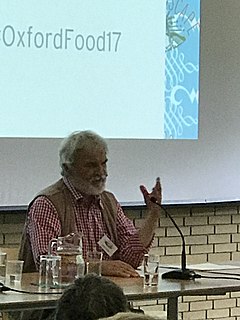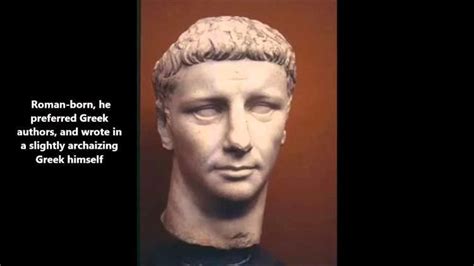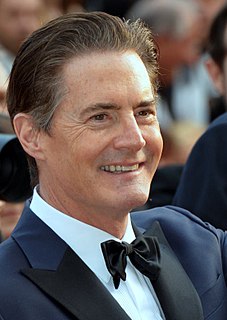A Quote by Colin Tudge
Trees are good for contemplation. Plato and Aristotle did their best thinking in the groves of olives and figs around Athens, and Buddha found enlightenment beneath a bo or peepul tree.
Related Quotes
According to accounts of the Buddha's life, it would seem that he had a very deep relationship with nature. He was not born in the royal palace but in a park, under a sala tree. He attained complete enlightenment under the bodhi tree and left this earth to enter Parinirvana, again, between three sala trees. It would seem that the Buddha was very fond of trees.
Through Plato, Aristotle came to believe in God; but Plato never attempted to prove His reality. Aristotle had to do so. Plato contemplated Him; Aristotle produced arguments to demonstrate Him. Plato never defined Him; but Aristotle thought God through logically, and concluded with entire satisfaction to himself that He was the Unmoved Mover.
Was it Aristotle who said the human soul is composed of reason, will, and desire?” “No, that was Plato. Aristotle and Plato were as different as Mel Tormé and Bing Crosby. In any case, things were a lot simpler in the old days,” Komatsu said. “Wouldn’t it be fun to imagine reason, will, and desire engaged in a fierce debate around a table?




































